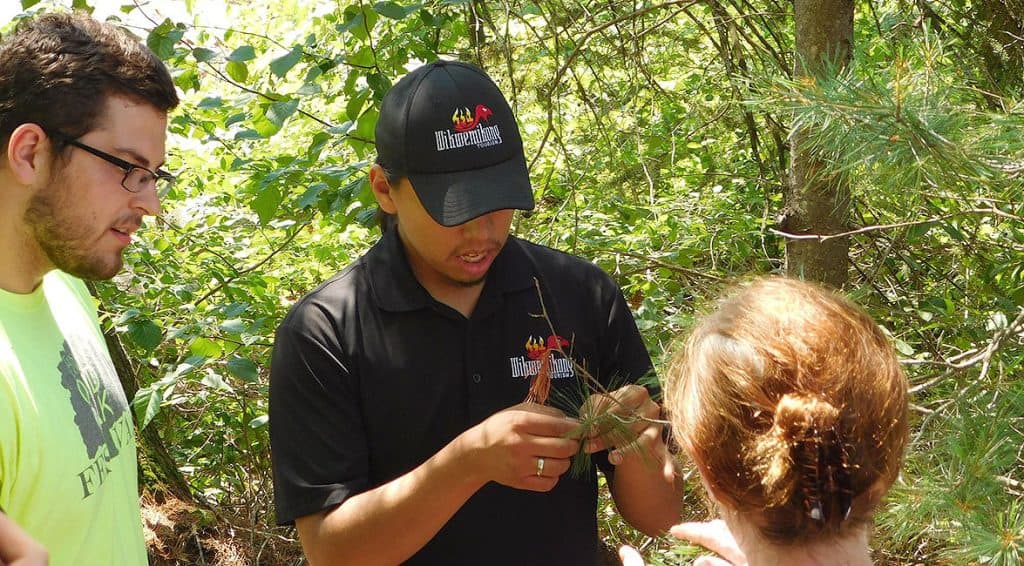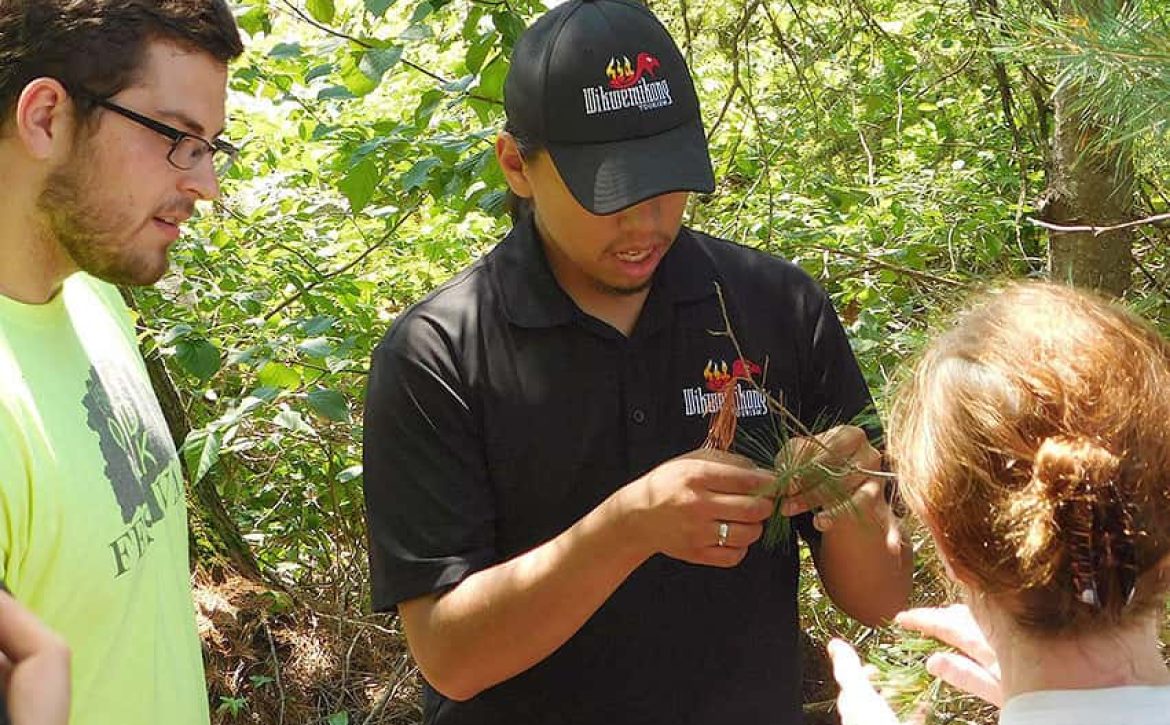ICCE Establishes Youth Network

The ICCE Youth Network is a new program, and we really want to hear from you about how to build this youth-led initiative. We’re designing this together, so your ideas and feedback are crucial to making it work.
We’re creating a space where youth can connect with each other, build impactful relationships, and lead important conversations about cumulative effects. Think of it as your platform to network, learn and make things happen.
We know this work matters and can create real change. That’s why we want to put youthful ideas, fresh perspectives and your voices front and center. Youth see things differently, and that’s exactly what these conversations need.
We’re looking for four First Nations, Inuit and/or Métis youth ambassadors to help lead this network and make it happen. These aren’t just volunteer roles. ICCE is serious about supporting young leaders in this work.
As an ambassador, you’ll team up with ICCE staff to attend community events where you’ll share what we’re doing, promote the Youth Network, and help people understand why the work around cumulative effects matters. Think of it as being a spokesperson supporting young voices to create a better understanding around cumulative effects.
If an ambassador role isn’t right for you, no worries — you can still be part of the network as a member, and get involved in different ways that work for your schedule and interests.
For more information and to self-nominated please contact:
Sileema Igutsaq Angoyuak
Leah Harrison














